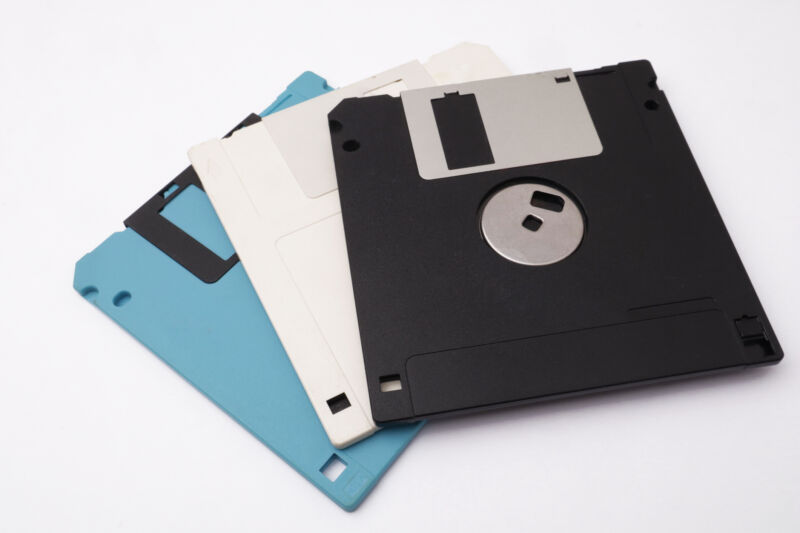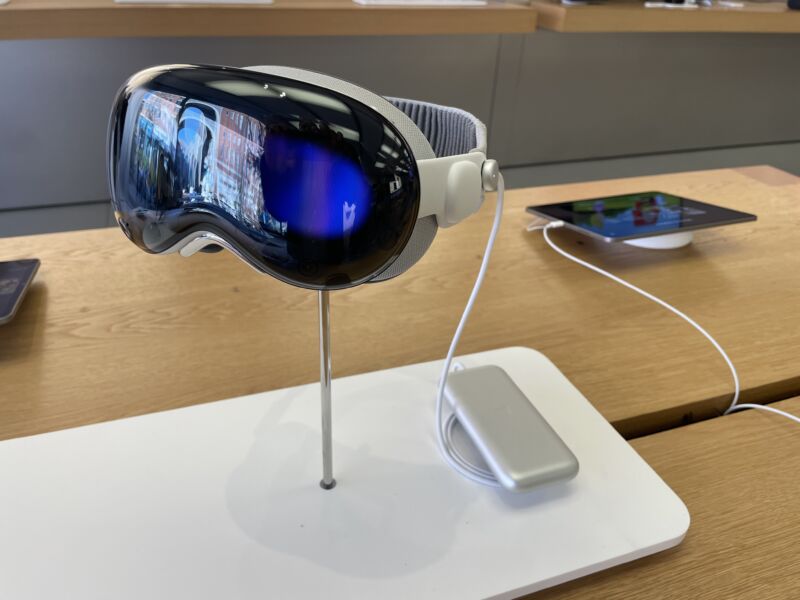Amazon is bricking $2,350 Astro robots 10 months after release

(credit: Amazon)
Amazon is bricking all Astro for Business robots on September 25. It first released the robot about eight months ago as a security device for small and medium-sized businesses (SMBs) for $2,350, but the device will soon be a pricey new addition to Amazon's failed products list.
Amazon announced Astro in September 2021 as a home robot; that version of the device is still only available as a $1,600, invite-only preview.
In November, Amazon pivoted Astro to SMBs. But as first reported by GeekWire, Amazon on Wednesday sent emails to employees working on Astro for Business and customers telling them that the devices will stop working on September 25. At the time, Amazon's email to customers said: "Your personal data will be deleted from the device. Any patrol or investigation videos recorded by Astro will still be available in your Ring app until your video storage time expires or your Ring Protect subscription ends." According to The Verge, the email adds:


